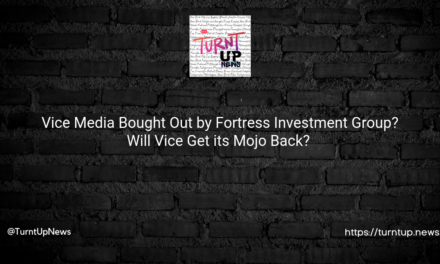🍨 🌱 Treating Yo’self to Happiness: How Gen Z and Millennials are Navigating Late-Stage Capitalism 💸🌍
TL;DR: Amid the tumultuous waters of late-stage capitalism, Gen Z and Millennials have found their own little lifeboats: treats! 🍫🎁 With an economic backdrop filled with climate change, political unrest, and a global pandemic, these young folks are leveraging small indulgences to make the pill of economic stress a tad easier to swallow. 💊⚖️ Little joys like a scoop of ice cream, a plant, or even a vintage Garfield phone have become symbols of resistance against the draining reality. So, are they diluting the severity of our times, or just finding a coping mechanism to survive the storm? 🌩️🍦
It’s a tale as old as capitalism itself: Work hard, get rewarded. 🐕💼 From the sweet promise of curly fries after a broccoli dinner, to the dreamy thoughts of retirement after a lifetime of work, we’ve always been conditioned to delay our gratification. But in the digital era, Gen Z and millennials are flipping the script. They’re redefining the game, replacing the “delay” with an instant dose of happiness in the form of treats. 🍭💻
As grim as it sounds, adulting seems to have lost its luster for our younger generations. Working and hustling, without the guarantee of a house, a comfortable life, or even a stable world, feels like a rip-off. And so, the narrative of “treat yourself” has emerged as an antidote to the bitter taste of reality. 🏡🚀
But aren’t we all just looking for a little light at the end of the tunnel? Can you blame these young adults for opting for a cute succulent or a scoop of gelato to make their day better? And hey, aren’t treats just…fun? 🍨🌱
Liat, a 27-year-old working for a nonprofit, paints a picture of “treat culture” as a remedy for burnout, an escape from the decay of an empire. But is this just an escapist tactic or a valid response to the economic uncertainties? 😥💰
With the proliferation of the “Treat Yo Self” meme, millennials and Gen Zers are signaling their discontent with the status quo. They’re pushing against the treat stigma and asserting that their happiness, as fleeting as it may be, is worth every penny. 💸💖
Yet, it’s not all roses and unicorns. Douglas A. Boneparth, a financial advisor, points out that while treat culture isn’t necessarily a generational trend, credit debt is skyrocketing. Could this mean a false sense of control, or are young adults genuinely finding a balance in this chaos? 🎢📈
No doubt, the pandemic has prompted a more laid-back view of spending. The era of quarantine has given rise to a new perspective: Life is short, so why not buy that cute dress, enjoy that fancy meal, or embark on a dream trip? 🛍️🍣✈️
From treating yourself to a Diet Coke after a grueling day, to indulging in a “deluxe” version of your favorite product, it seems like young adults are declaring their small rebellions against the monotony of life. But is this rebellion against routine making us more resilient, or just desensitizing us to the harsh realities? 🥤🎲
In the end, “treat culture” may just be a signal of our times, a product of late-stage capitalism





